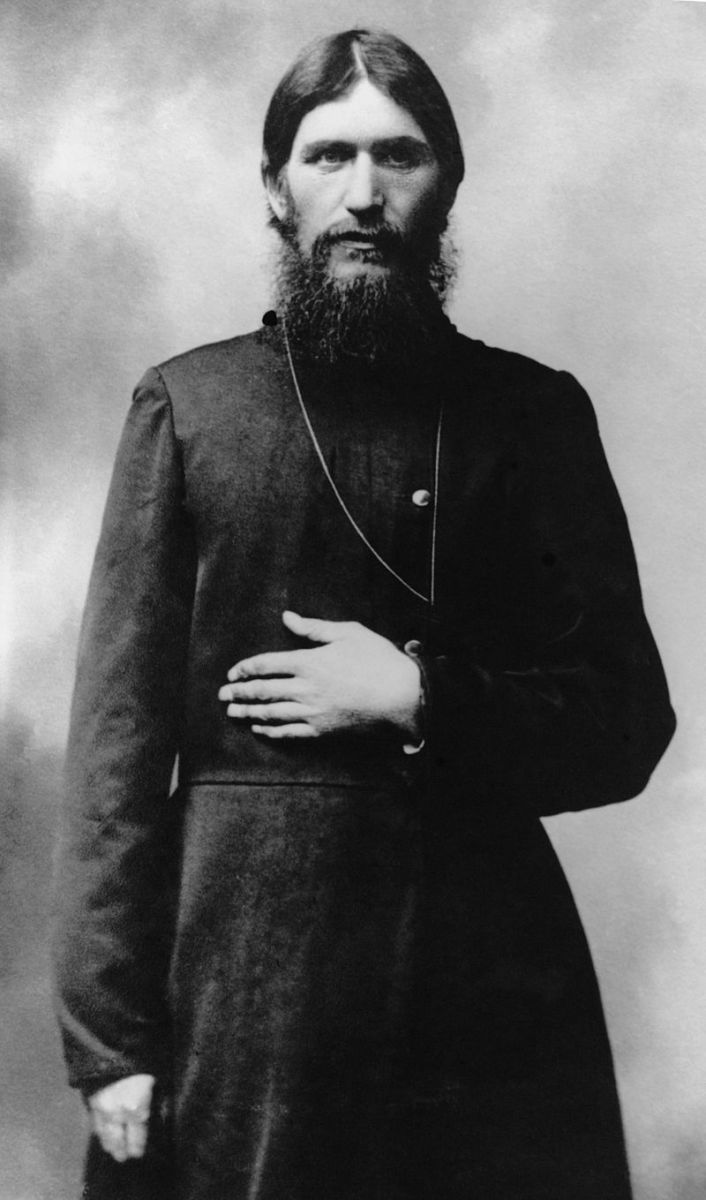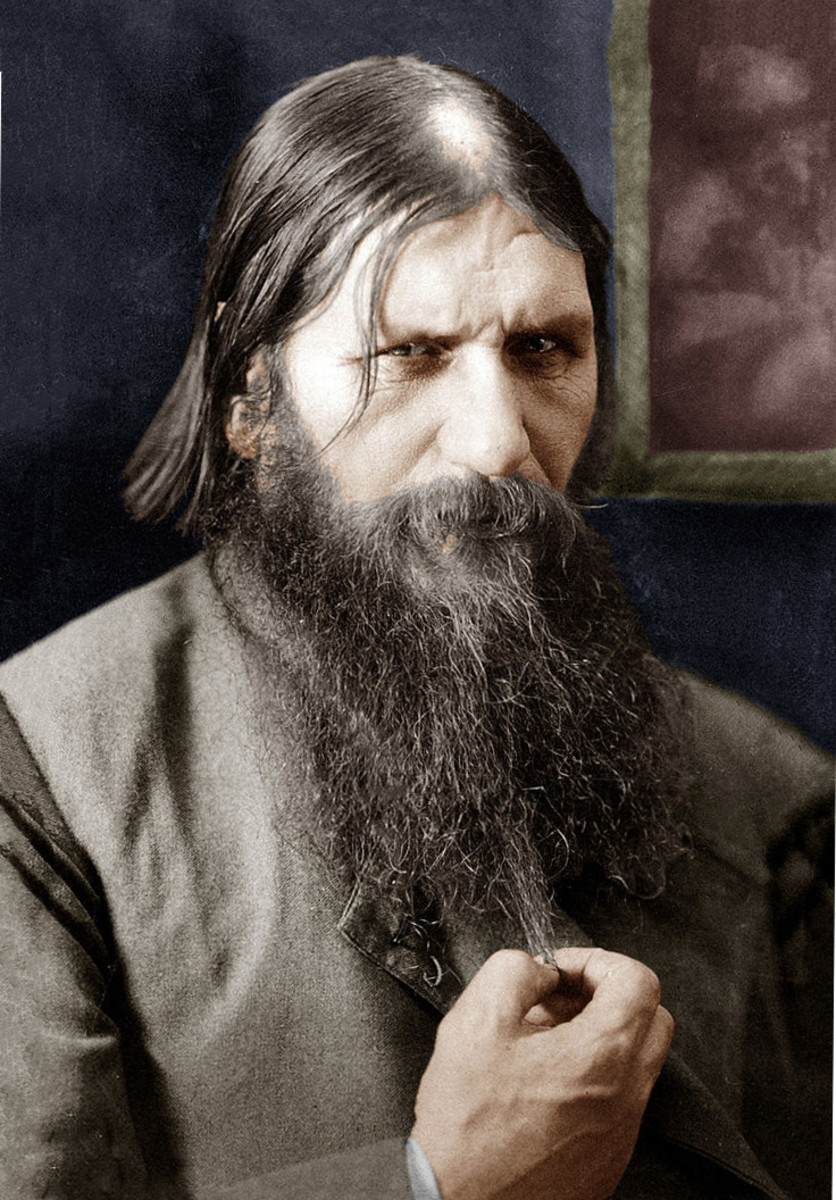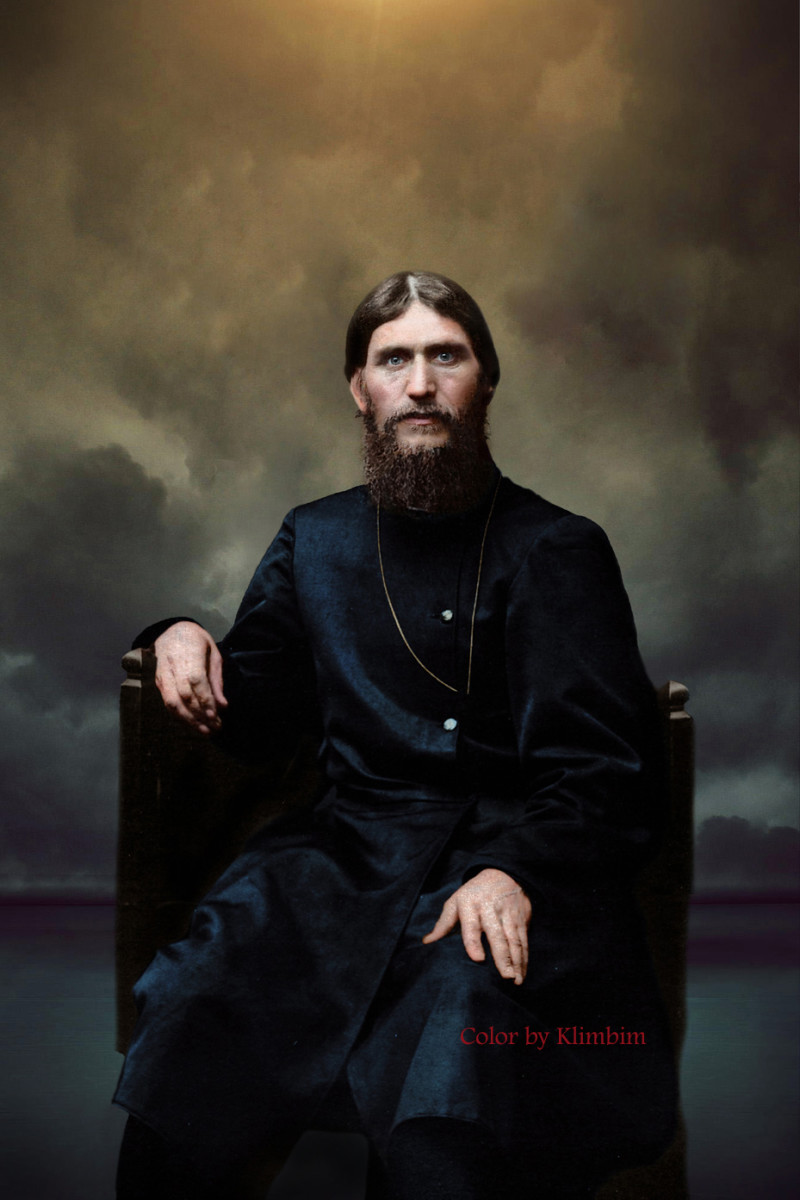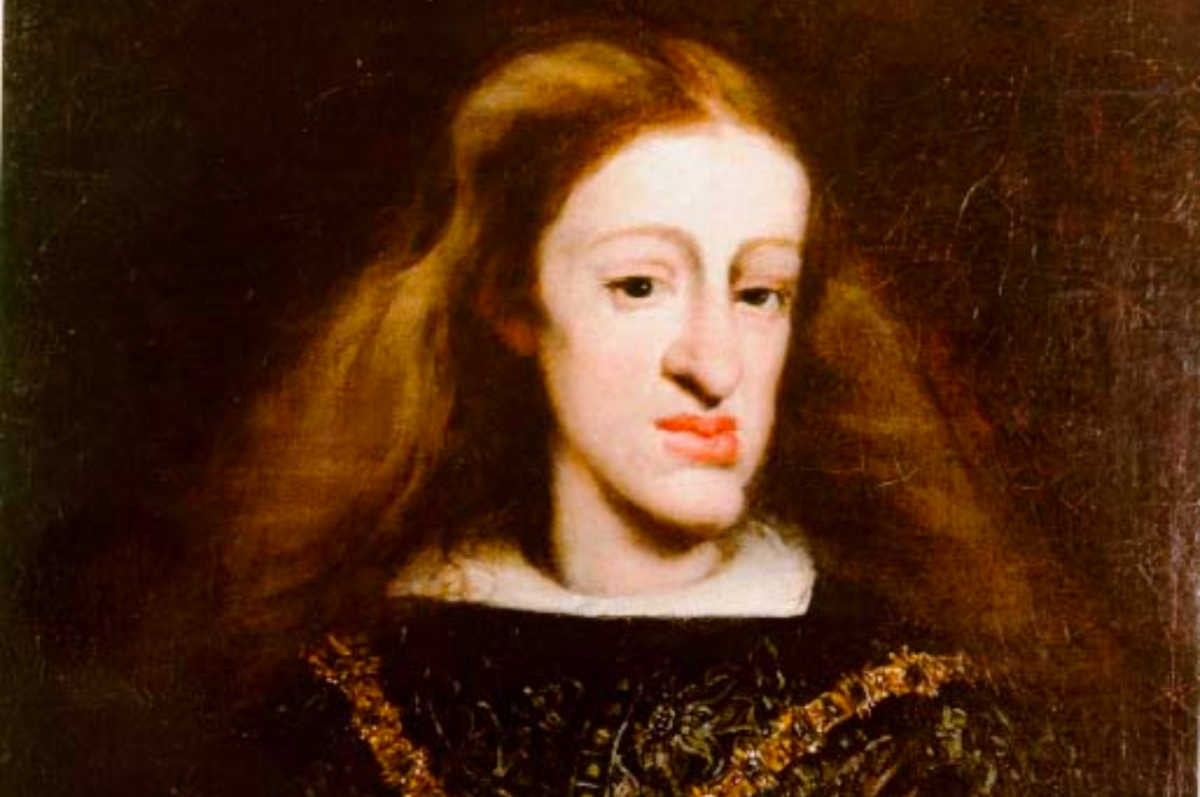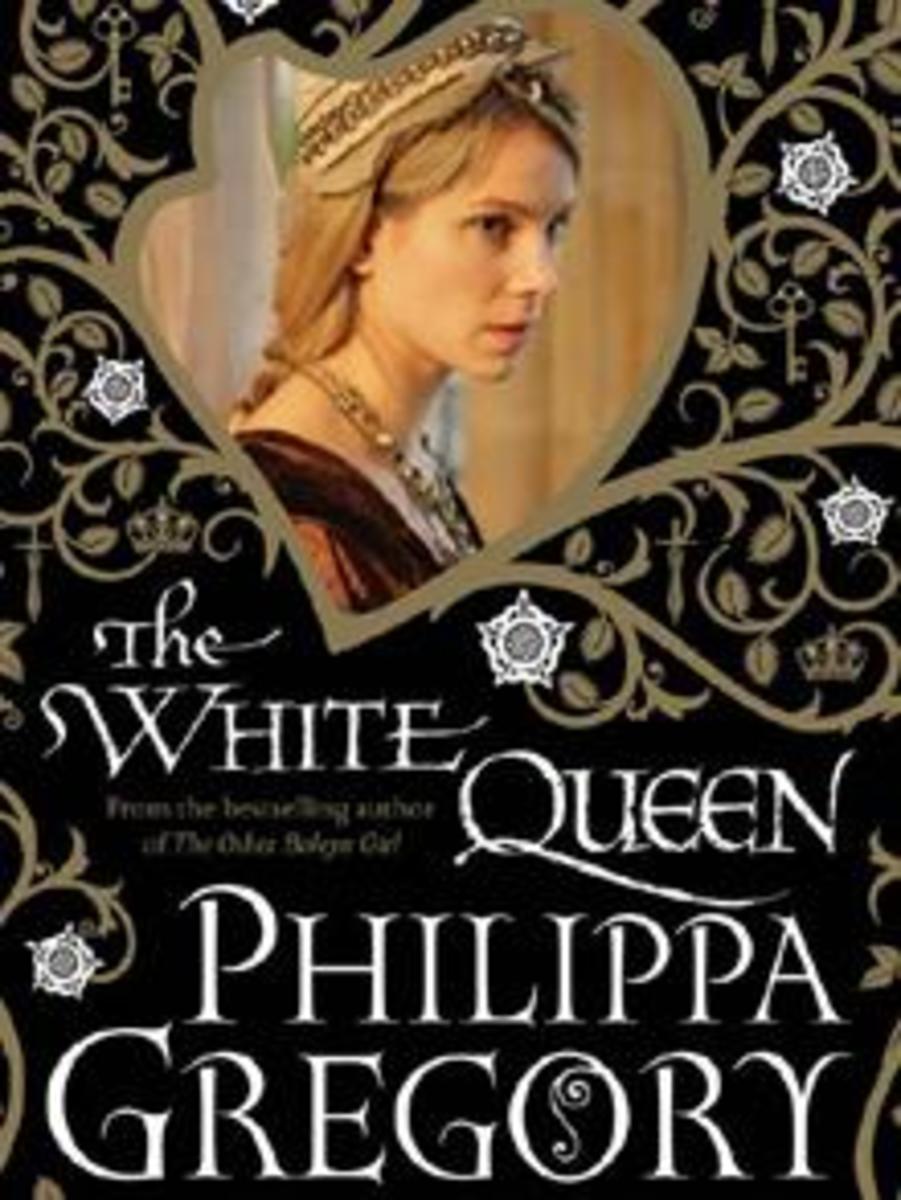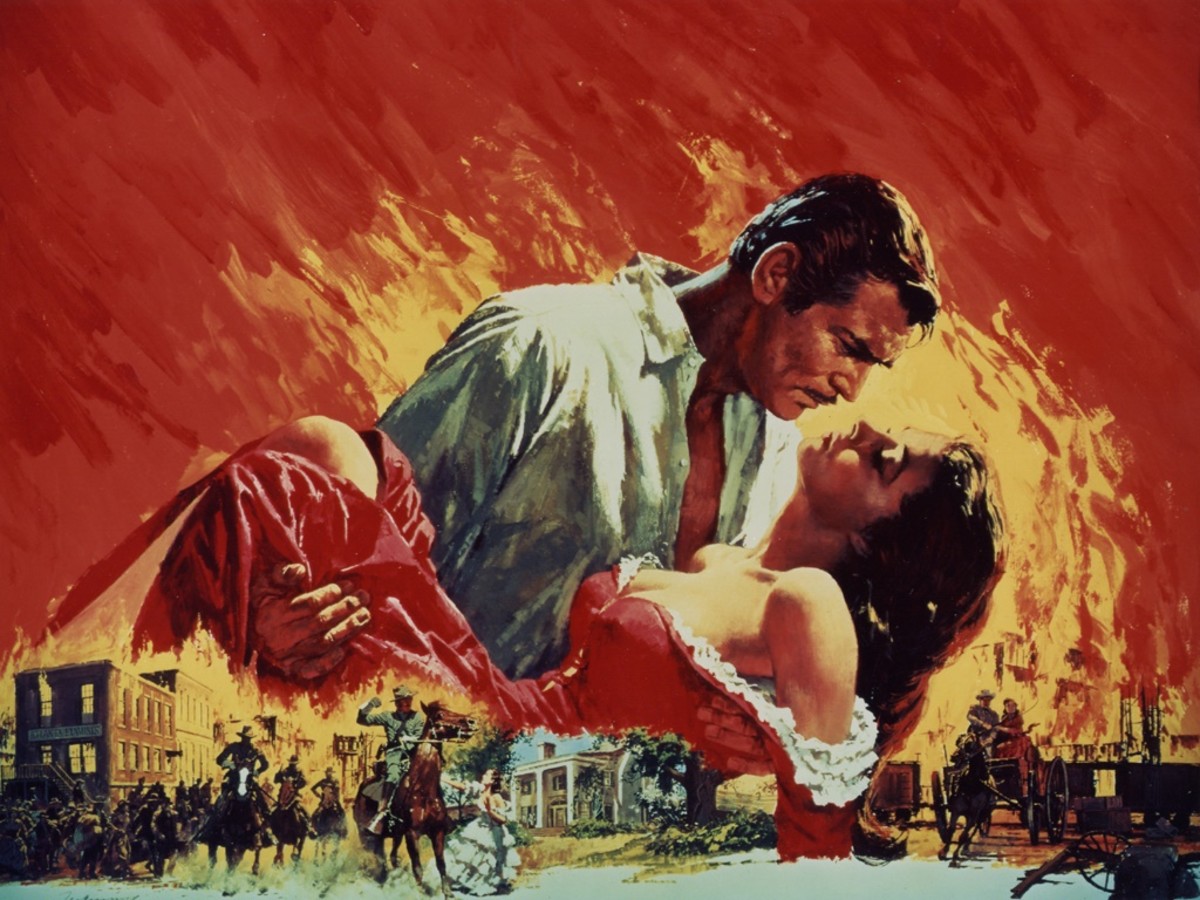Rasputin's Daughter
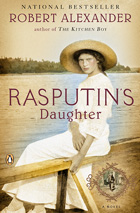
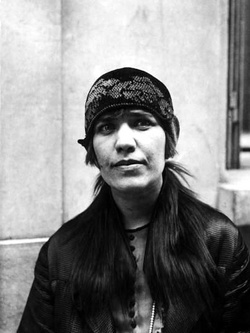
Book Review
Rasputin's Daughter by Robert Alexander (published 2006), is an insightful book that has historical facts expertly intertwined with a fictionalized version of the early adult life of Maria (aka Matryona) Rasputin. Maria was the daughter of the famous illiterate mystic Grigori Rasputin from Siberia who was known for his healing ability that seemed to ease the last Tsar of Russia, Nicholas II, son's life from the persistent cruel symptoms of hemophilia. Grigori Rasputin many times did all he could for the young prince Alexei Nikolaevich Romanov before he was murdered by those who felt threatened by his close proximity to the Tsar and Tsarina of Imperial Russia. These enemies of Grigori Rasputin feared he could manipulate or influence the Russian Royal family. This book insightfully bestows its readers a glimpse into the tumultuous early 20th century Russia, the Romanov Court and a window into the Russian perspective.
The ending of Rasputin's Daughter left me very curious about the main character, Maria Rasputin. She was a real person who witnessed much of what her father did, even for Prince Alexei. My curiosity stems from the historical aspects that surrounded Maria who is an overlooked historical figure, overshadowed by her father, the famous (as well as infamous) Grigori Rasputin, who was "the Rasputin" placed in history books. In most historical accounts, Grigori Rasputin is regarded as a conniving swindler to the Russian Crown who instigated the last Tsar and Tsarina into believing he had the power to cure their son of his hemophilia.
This book points out a more neutral slant about the Siberian Rasputin family. The author Robert Alexander rationally explains through the main character (Maria Rasputin) in Rasputin's Daughter that in early 20th century Russia it was well known that no one, not even a professed healer could cure hemophilia. All Grigori Rasputin did, according to Robert Alexander's version, was give the Royal family some hope when they needed it most. All parents naturally reach out to anything that can ensure hope when dealing with a child's terminal or chronic condition. No one wants to watch their child painfully slowly bleed to death. Diseases like hemophilia can create a helpless feeling in parents and family members who want to do something, anything, to ease the afflicted child's suffering. This point is poignantly illustrated in Rasputin's Daughter as an explanation for the how and why an illiterate Siberian, Grigori Rasputin, socially and politically rose to be such an integral part, as a trusted spiritual advisor and faith healer, of the last Russian Royal family known as the Romanovs.
Rasputin's Daughter further shows its readers the more sensible aspects of the early 20th century Russian society. They did not have the scientific and medical knowledge most do today. They did not live in a high technological world brimming with medical breakthroughs or the Internet that delivers vast amounts of information as one "surfs". The Russian people in the early 20th century were agrarian and still believed in ancient superstitions and spiritual beliefs. Why they would reach out to any "faith" healing method, even from a questionable outside source coming from Siberia like the Tsar and Tsarina did. Granted the educated Tsarina Alexandra was not originally from Russia, but she still believed in "faith healing", just like some do today.
Highly recommend this National Bestseller Rasputin's Daughter. This is a well written novel that captivated my attention throughout its 298 pages. For those who love historical fiction with fairly accurate history facts, this book is definitely a "must read."
Enjoy!
For more information about the Romanov family please visit: http://en.wikipedia.org/wiki/Nicholas_II_of_Russia
For more about Grigori Rasputin please view: http://en.wikipedia.org/wiki/Grigori_Rasputin
Here is a link with information about Maria (aka Matryona) Rasputin: http://www.findagrave.com/cgi-bin/fg.cgi?page=gr&GRid=29071215


